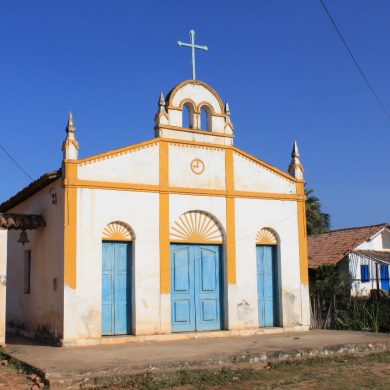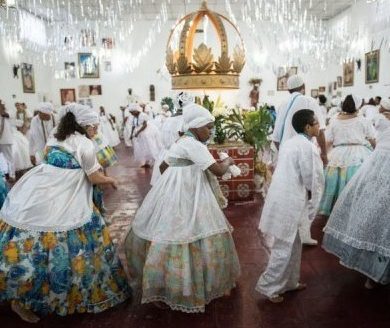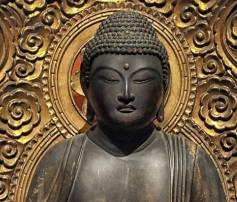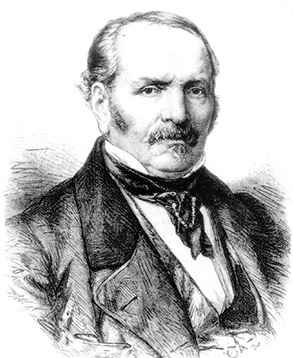The second most important religion in Brazil behind the enormous Catholic Church, Protestantism has evolved in recent decades into a belief largely governed by the audio-visual media of the modern era.
Inspired mainly by what is happening in the United States, Brazilian televangelists are gaining more and more ground compared to the traditional church, considered too absent from the concerns of the common people. Catholicism is part of the primitive DNA of the Brazilian people, shaped as early as the 16th century by the arrival of Portuguese colonists. Protestantism is more recent, but it has gradually won over a large part of the population. It currently claims nearly 52 million faithful, compared to 130 million for Catholicism (bearing in mind Brazil is a nation of 200 million). Like Catholicism, Protestantism was “imported” from outside Brazil. First, the arrival of British merchants from the nineteenth century, and therefore Anglicans, then by the German Lutherans, and finally the American Baptists and Methodists. The beginning of the twentieth century sees the arrival of Pentecostalism, also from the United States, which is divided into many factions from the fifties, including neo-Pentecostalism which was introduced to the middle class as early as the nineteen seventies and the evangelicalism that uses current technology to propagate its faith without moderation. This multiplicity of origins of the Protestant religion in Brazil can partly explain those of the preachers on the religious but also political scene of Brazil.
The Protestant religion in Brazil
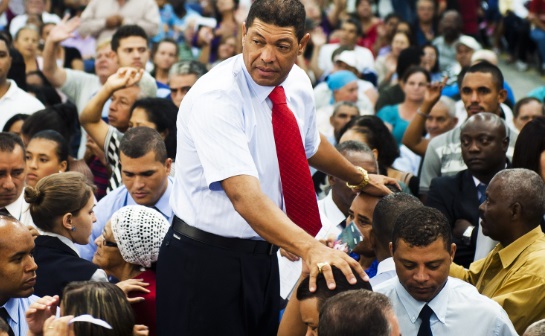
Land occupation
In part, the abundance of televangelists of Pentecostal or neo-Pentecostal persuasion is also somewhat explained by the absence of the Catholic Church on social grounds. As we know, Catholics are immensely in the majority in Brazil. But many of them, especially the most deprived, have turned in recent years to other beliefs through the persuasion of charismatic pastors preaching on the television. Some may argue that some of these pastors preach in rather deceiving ways, and have taken advantage of their place on the “fascinating television.”
In the years of dictatorship, the Catholic Church had moved closer – literally and figuratively – to the poor to try to relieve their daily suffering. Naturally, the scourges of insecurity, unemployment, failure of public schools and alcoholism, affected the favelas more than the beautiful more developed districts. According to personalities like Monsignor Camara, these were to be fought with the greatest resolve and in true solidarity with the victims. The arrival at the Vatican of John Paul II worked slightly against these notions and encouraged the conviction that the true believer had to rely solely on God to solve his problems and accept the idea of contrition and penance. This kind of dialogue categorically made things worse for people who were struggling, in terms of their survival.
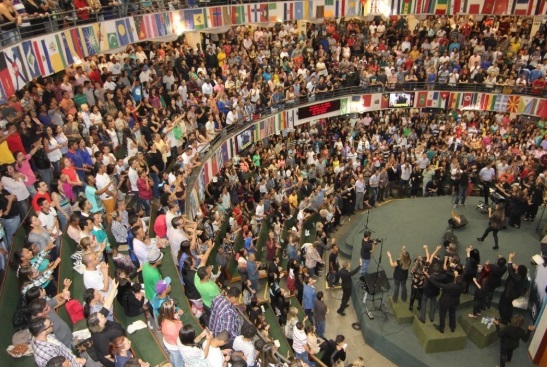
Tele-evangelism: The power of the screen
All Brazilian Protestants are certainly not sensitive to televised sermons, it is estimated that the number of “traditional” Protestants has remained stable over recent years. However there was an increase of 5% to 22% in Pentecostal churches in 40 years. The tele-evangelists quickly understood who to turn to: those whom the Catholic Church had abandoned in their distress. The poor, the drug addicts, the alcoholics, the sick (mainly urban) and all those who need help, find assistance in the evangelical church. The pastor, often self-proclaimed, delivers a concrete discourse far from the arid and disconnected preaching of the traditional church. He will heal the faithful thanks to the Bible and through educational workshops. And for free, which is a decisive factor. All the faithful registered in traditional evangelical churches must pay 10% of their salary, the “dizimo“, to their pastor. Some have become rich because of their huge audience.
Evangelicals will often take advantage of new settlements in urban areas to gain a new audience. Quite often, as soon as a district appears on the outskirts of a city, a pharmacy and a place of worship appear within it. In some areas of Rio de Janeiro or São Paulo, cinemas have disappeared to make room for newly built shopping centers and complexes that provided many services like security and food. The old cinema rooms were then rented by Protestant churches for their ceremonies.
The pastor will draw worshipers to him with music. Guitar and electric keyboard are common instruments used to transform the religious rite into a spectacle that attracts those who feel their faith may have become lost. When the preacher becomes well known, they can normally afford to appear on local television, some of the most famous even appear on national TV. Pentecostal churches even own and control a number of television and radio stations.
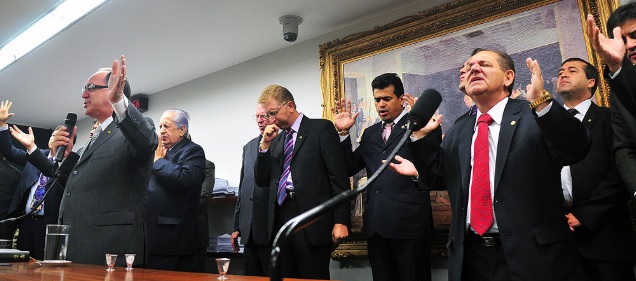
Evangelism, Media and Politics: Towards Total Power in Brazil?
There are enough Evangelical temples in Brazil to serve the entire population. All those who believe they cannot find help with their problems through social, economic or political voices, turn in despair to the supernatural, embodied by these new high-profile preachers. Even homosexuals, though repressed by many preachers, have their temples, or so-called “inclusive” churches.
Thanks to their television programs, the influence of tele-evangelists goes beyond religion: some of them sit in the Chamber of Deputies. In 2014, there were 80 evangelical representatives elected to parliament! They are of course, elected by people who feel close to them and who prefer a candidate from their own ranks, even if they bring to power a relatively incompetent politician. In the Brazilian municipal elections of 2016, Marcelo Freixo, an Evangelist candidate won the coveted seat in the city hall of Rio de Janeiro. Some critics of this trend of ever-increasing evangelist power are suggesting that we may see an evangelist president elected president of the republic of Brazil. Pastor, MP, influential businessman – and controversial celebrity, Marco Feliciano believes that “in ten years, it will be impossible to do politics in Brazil without allying with the evangelicals.”

